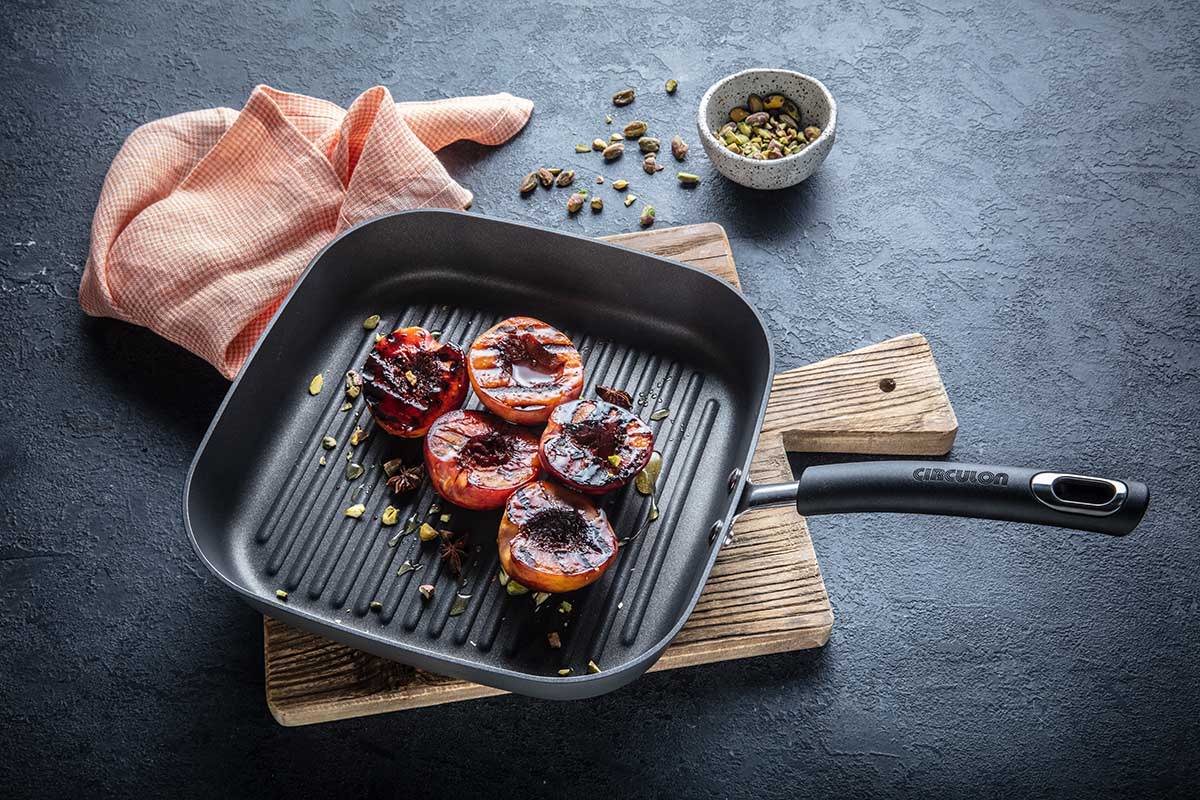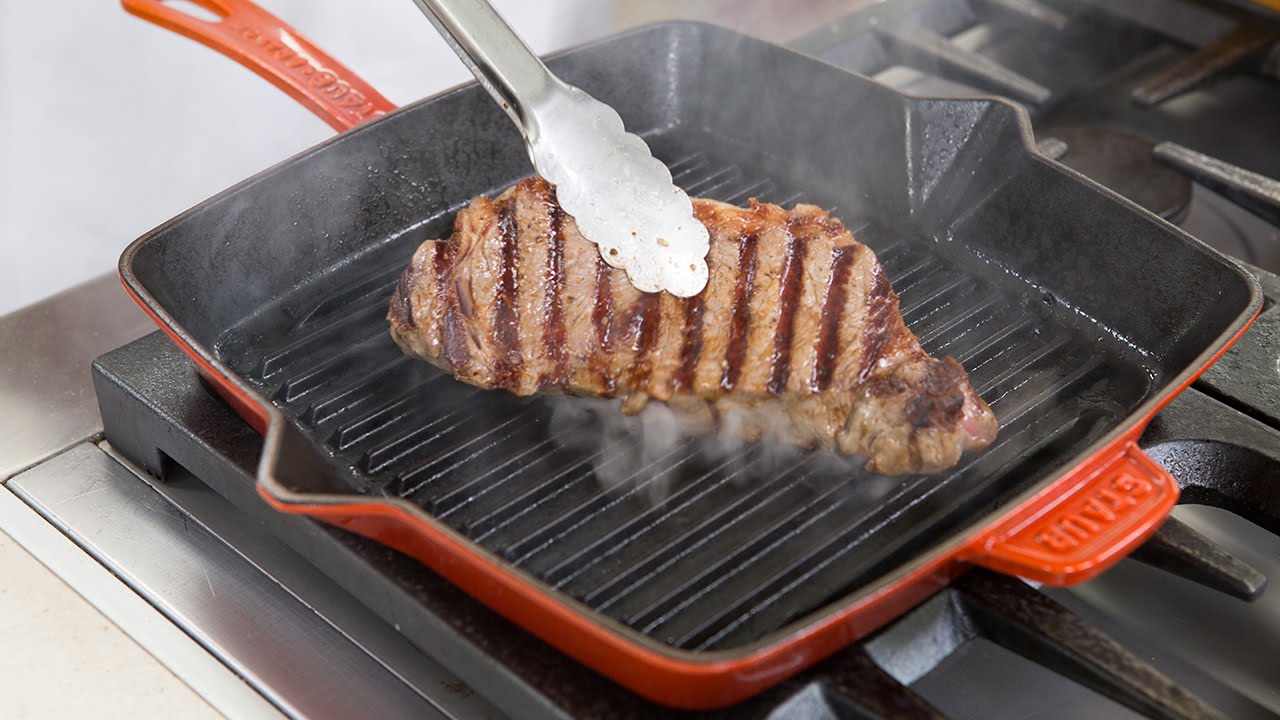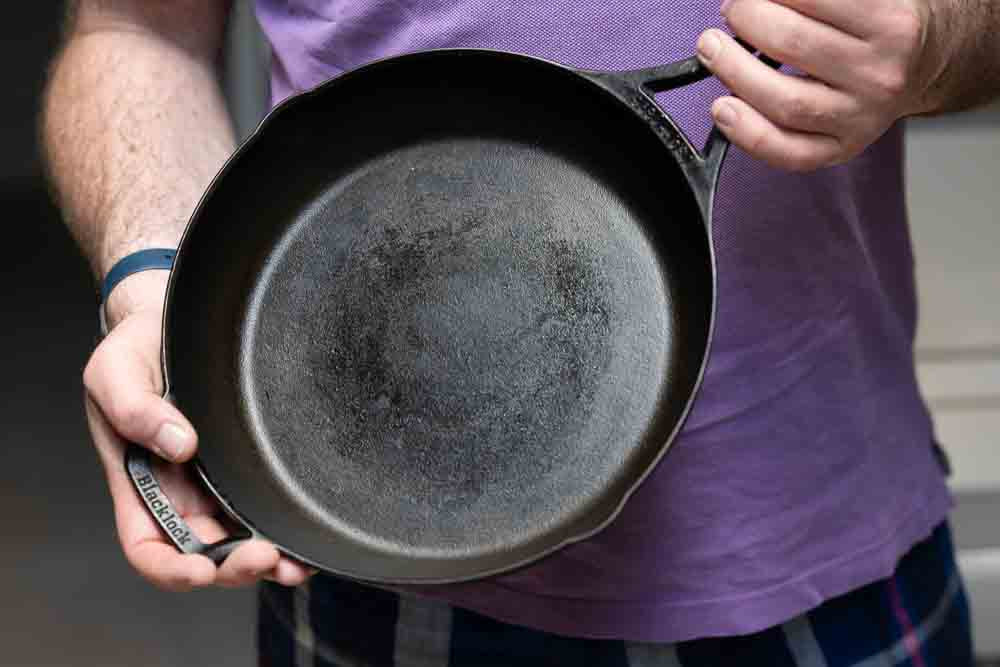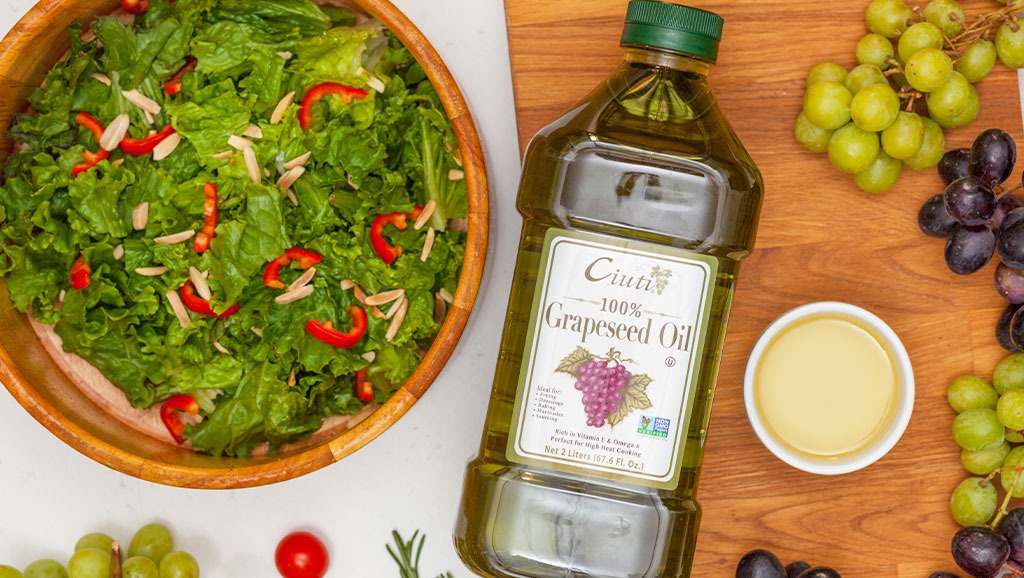When it comes to cooking, every kitchen professional has their go-to tools. Among them, cast iron pans hold a special place in the hearts of culinarians everywhere. But why are cast iron pans good? This article dives deep into their numerous benefits, applications, and maintenance tips that every kitchen expert should know.
:max_bytes(150000):strip_icc()/ses-grill-pans-test-lodge-10-5in-cast-iron-square-wdickey-114-81cd8393dc6547828a346d0703b34f6e.jpeg)
The Timeless Appeal of Cast Iron
Cast iron pans have been around for centuries, and their enduring popularity is no coincidence. One of the main reasons why cast iron pans are good is their ability to retain and evenly distribute heat. This characteristic makes them ideal for a variety of cooking methods, from frying to baking.
Unmatched Heat Retention
When you heat up a cast iron skillet, it can reach high temperatures and keep them consistent. This quality is particularly beneficial when searing meats, as you want a reliable source of heat that wont waver. Additionally, once you achieve the desired temperature, cast iron retains that heat longer than many other materials.
Versatility in Cooking Styles
Another significant advantage is their versatility. Whether you're sauting vegetables, frying chicken, baking cornbread, or even preparing a sauce, the cast iron pan can handle it all. For instance, professional chefs often prefer chuck roast preparations to maintain moisture and flavor integrity.
Health Benefits of Cast Iron Cooking
Cooking with cast iron isn't just about aesthetics and versatility; it also has certain health benefits that make it appealing to kitchen professionals. For starters, food cooked in cast iron pans can absorb small amounts of iron, which may help in cases of iron deficiency.
Eco-Friendly Option
Unlike non-stick cookware which may require replacement after wear and tear, cast iron pans last a lifetime when properly maintained. This aligns with modern sustainability practices and habits in professional kitchens.
Seasoning Your Cast Iron Pan
One question many might have is, how do you maintain cast iron pans? The answer lies in **seasoning**. This process not only enhances the non-stick properties of the skillet but also protects it from rust. Regular seasoning can dramatically improve the performance of your skillets.
Steps to Season Your Cast Iron Pan
- Wash your skillet with warm, soapy water and dry it thoroughly.
- Apply a thin layer of vegetable oil to the entire surface, inside and out.
- Preheat the oven to 375F and place the skillet upside down on a baking sheet.
- Bake for about an hour, then allow it to cool in the oven.
You can also check out this resource on seasoning your cast iron for more tips and details.
Common Myths About Cast Iron Cookware
Despite their well-documented benefits, cast iron pans are often accompanied by myths. For instance, many believe they are too heavy or require excessive maintenance. In reality, while they are heavier than alternatives, the durability they offer makes up for the weight. Proper care, like regular seasoning and avoiding soap, can make working with cast iron effortless.
Cleaning Your Cast Iron Pan
Cleaning a cast iron pan can be straightforward if done correctly. Avoid using soap, as this can remove the seasoning. Instead, scrub your pan using hot water and a brush. For stubborn food residues, you can try boiling water in the pan or using a mixture of coarse salt and oil.
Frequently Asked Questions
- How long do cast iron pans last? With proper care, cast iron pans can last a lifetime or even longer, as they are extremely durable.
- Can you use metal utensils on cast iron? Yes, metal utensils can be used, but it's advisable to avoid sharp ones to prevent scratches.
- What should you avoid cooking in a cast iron pan? Acidic foods like tomato sauce should be avoided in new cast iron pans, as they can damage the seasoning.
For even more tips on working with cast iron skillets, check out this article on caring for cast iron.

Conclusion
So, why are cast iron pans good? The answer is multifaceted. Their heat retention, versatility, health benefits, and long lifespan make them indispensable tools in the professional kitchen. Investing time into learning how to use and care for these pans will certainly pay off in the quality of your dishes.
This article contains affiliate links. We may earn a commission at no extra cost to you.






Leave a comment
This site is protected by hCaptcha and the hCaptcha Privacy Policy and Terms of Service apply.